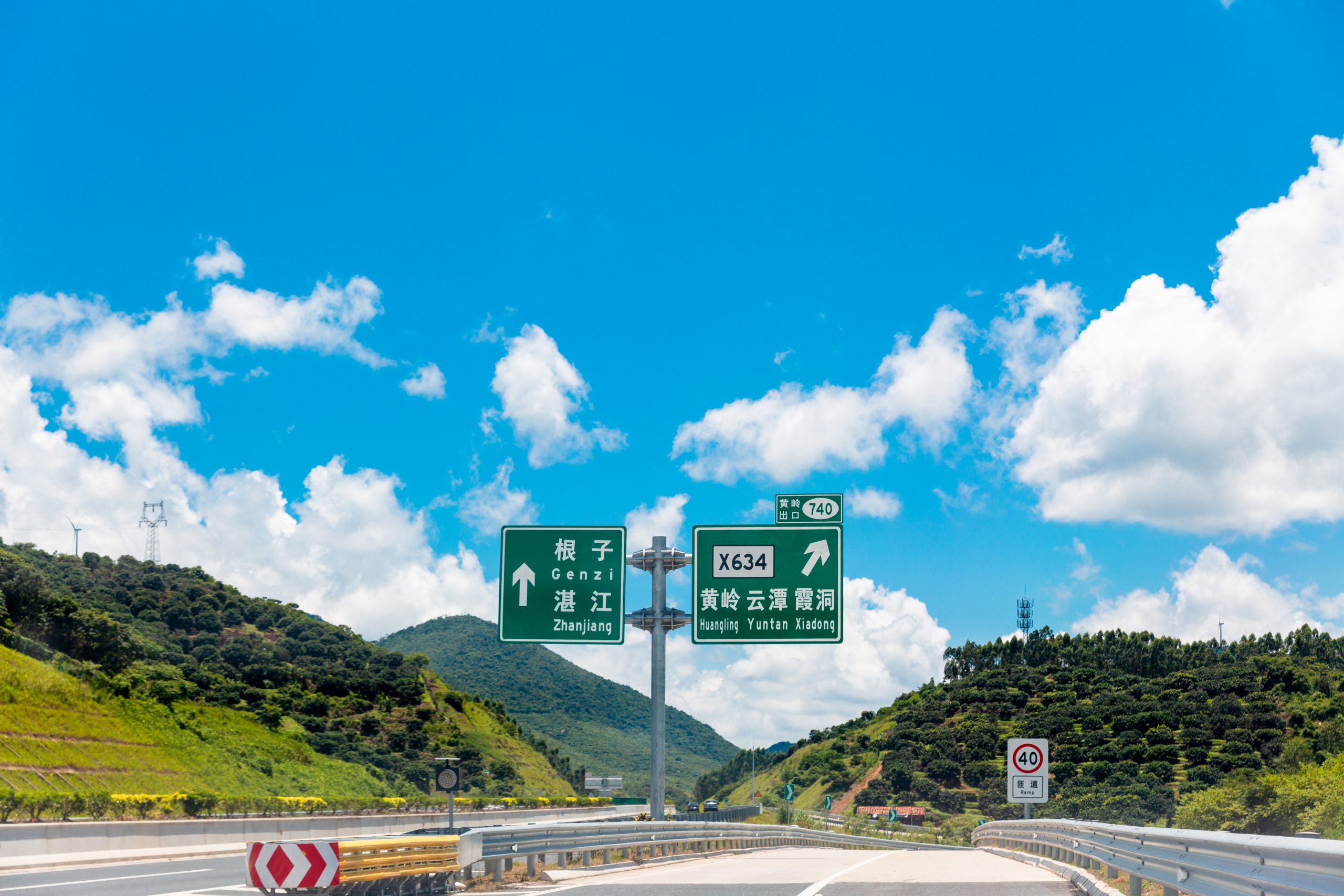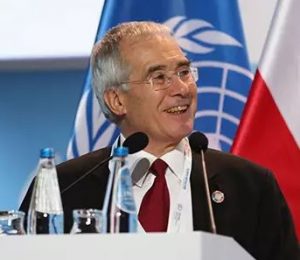East Asia Blog Series
High-Quality Sustainable Growth: The Smart Choice for the PRC
Cameron Hepburn and Nicholas Stern 26 Apr 2021
Measuring a country’s economy solely by its output in terms of GDP misses the human, environmental, societal, and other costs caused by the production or use of the output, and hence fails to capture important aspects of wellbeing. The education and health of people, the health of the natural environment, inequalities, and how well communities function should all be part of the measurement of social welfare and development.
The People’s Republic of China (PRC) faces a series of social and environmental challenges caused by its rapid industrialization, highlighting the “high input, high consumption, high emission, and low efficiency” nature of its economy. It is recognized that the old growth story is coming to an end.
As the country moves towards a “new normal,” adopting the objective of high-quality sustainable growth offers a clear and valuable response to these challenges. Prioritizing such growth with wellbeing, social and environmental quality, and sustainability at the center stage will not only help the PRC, but also help it to take its place in a changing world and offer a model of a cleaner path forward for developing countries. This blog focuses on the environment and social consequences of the past model of growth in the PRC and how they can be overcome.
Environmental challenges
Pollution from a history of reliance on coal and other fossil-fuel resources has fouled the air in the PRC’s cities as well as its soil and water. It has also contributed to climate change, which has and will continue to pose enormous risks to the country and the world.
There is growing evidence suggesting that the threat of irreversible climate change must compel immediate international action to control carbon emissions. To curb climate change’s worst effects, countries that signed the Paris Agreement agreed to limit warming to well below 2°C and ideally to just 1.5°C.
To achieve the 1.5°C target, the world must reach zero-net carbon emissions around mid-century, with all greenhouse gas emissions brought to net-zero in the following two decades. Given the PRC’s large share of the world economy and global emissions, its emissions must be cut dramatically for this to happen.
Climate change is fueling more severe weather that damages lives, livelihoods, and physical infrastructure. It also disrupts financial systems through high costs to insurance providers and other companies. If countries including the PRC continue to invest in fossil fuels-based infrastructure and economic activities, warming could increase well beyond 3°C—a level not seen for 3 million years. This involves enormous risks and would be devastating for humanity. And it is the poor people who are hit earliest and most severely by the effects of climate change.
Social challenges
Social inequality is a pressing concern in the PRC. Poverty remains a persistent problem in rural areas and in those with industries in decline. In addition, the county’s population is rapidly aging and will need more health care services. However, unlike more advanced countries, social welfare and health spending in the PRC are still low as a share of its GDP.
The PRC’s economy has changed dramatically in the past four decades and is continuing to change. Once dominant globally in low-cost manufacturing, the country has shifted toward services and higher-skilled activities. Going forward, artificial intelligence and robotics are also likely to transform some sectors.
These changes can be very positive if structured well. This will involve investing in skills for both automated activities and those where automation plays a less important role. Areas where industries are in decline will need help to ensure a just transition. In large measure this involves investing in people and their training and skills, in places to create new opportunities, and in social safety nets.
The way forward? Sustainable development
A focus on sustainable and high-quality development is at the core of an effective response to these challenges. Prioritizing and supporting such development will help drive a shift towards technology and services through investment in research, development, and innovation.
Areas for growth could include technologies for modern service sectors, such as health, education, transportation, and communications, and sustainable technologies and design that improve how modern cities function as well as the infrastructure needed for these technologies and design. All could offer a wealth of new positions for a more-skilled workforce. The PRC’s management of the necessary rapid changes to labor markets will require investing in the retraining of current workers and the provision of continuing education or lifelong learning.
Improving how cities function would reduce environmental damage and help people feel more connected to each other. Cities could be made up of socially mixed neighborhoods, comfortable, efficient, and climate-smart housing, green spaces, and environmentally friendly public transportation networks. The World Resources Institute found that globally, such improved cities could reduce urban emissions 90% by 2050.
Sustainable development also offers the potential to reduce social inequality. For example, making public transportation green, efficient, and extensive would particularly benefit lower-income people without their own cars and make them better able to find jobs and get services. And a coal phaseout, with effective transition management, can provide a better quality of life for millions of current coal workers and improve the environment in areas intensive in coal and its use.
In addition to the benefits such development has to offer the PRC, taking a sustainable path would provide a blueprint for others. Many of the countries in the Belt and Road Initiative are economically where the PRC was 20 years ago. By emphasizing sustainability, the PRC could show these countries a cleaner and greener way forward.
Reference
C. Hepburn and N. Stern. 2019. Driving Investments Toward Sustainable Economic Growth in the People’s Republic of China. ADB East Asia Working Papers. No. 16. Manila: Asian Development Bank.
Authors

Cameron Hepburn
Director of Economics of Sustainability Program, Oxford Martin School, Oxford University

Nicholas Stern
IG Patel Professor of Economics and Government, London School of Economics
This blog is reproduced from East Asia Working Paper.


